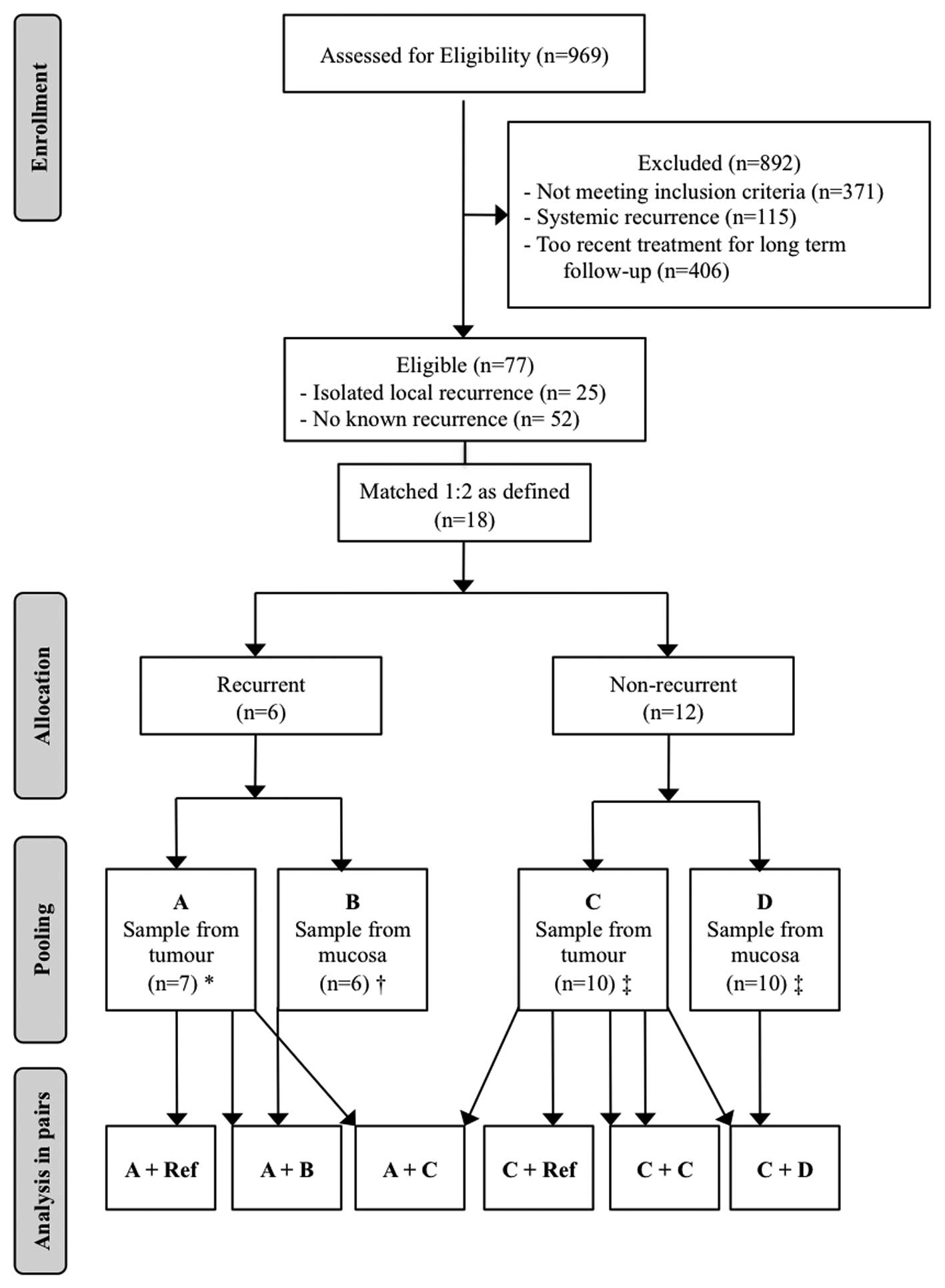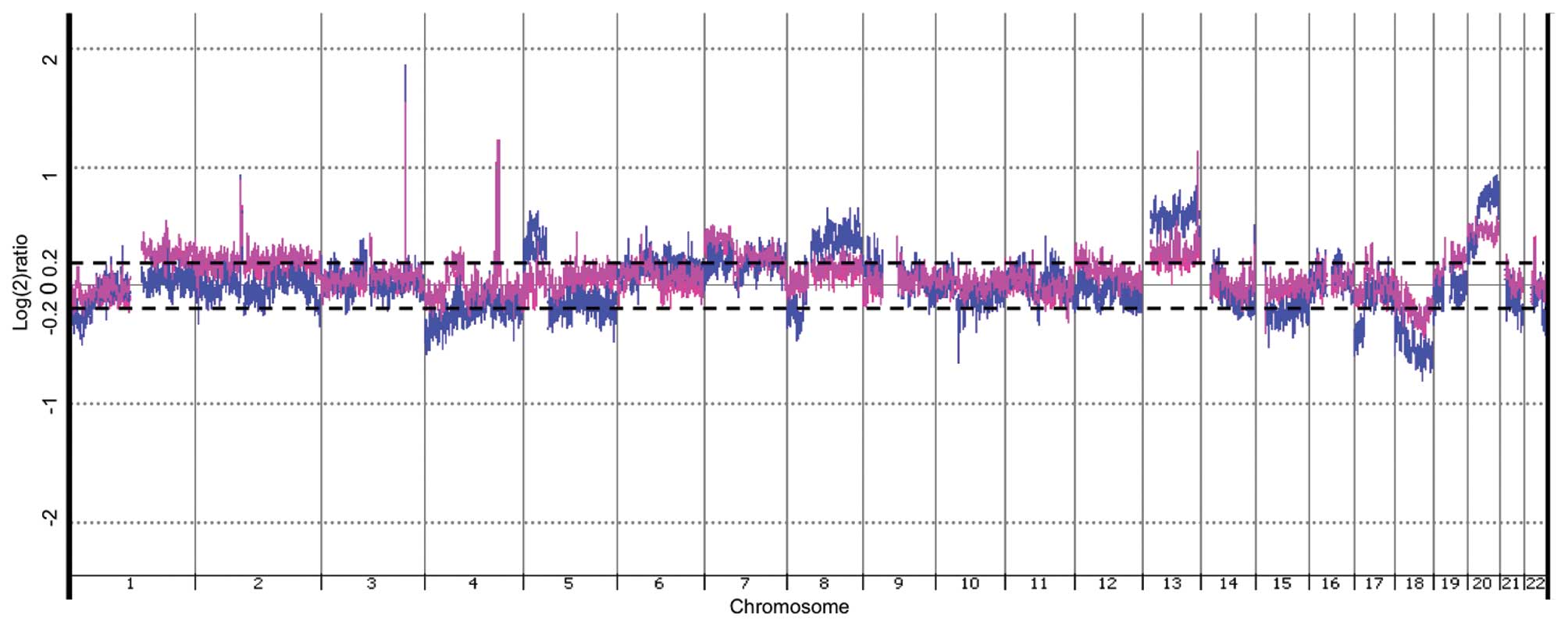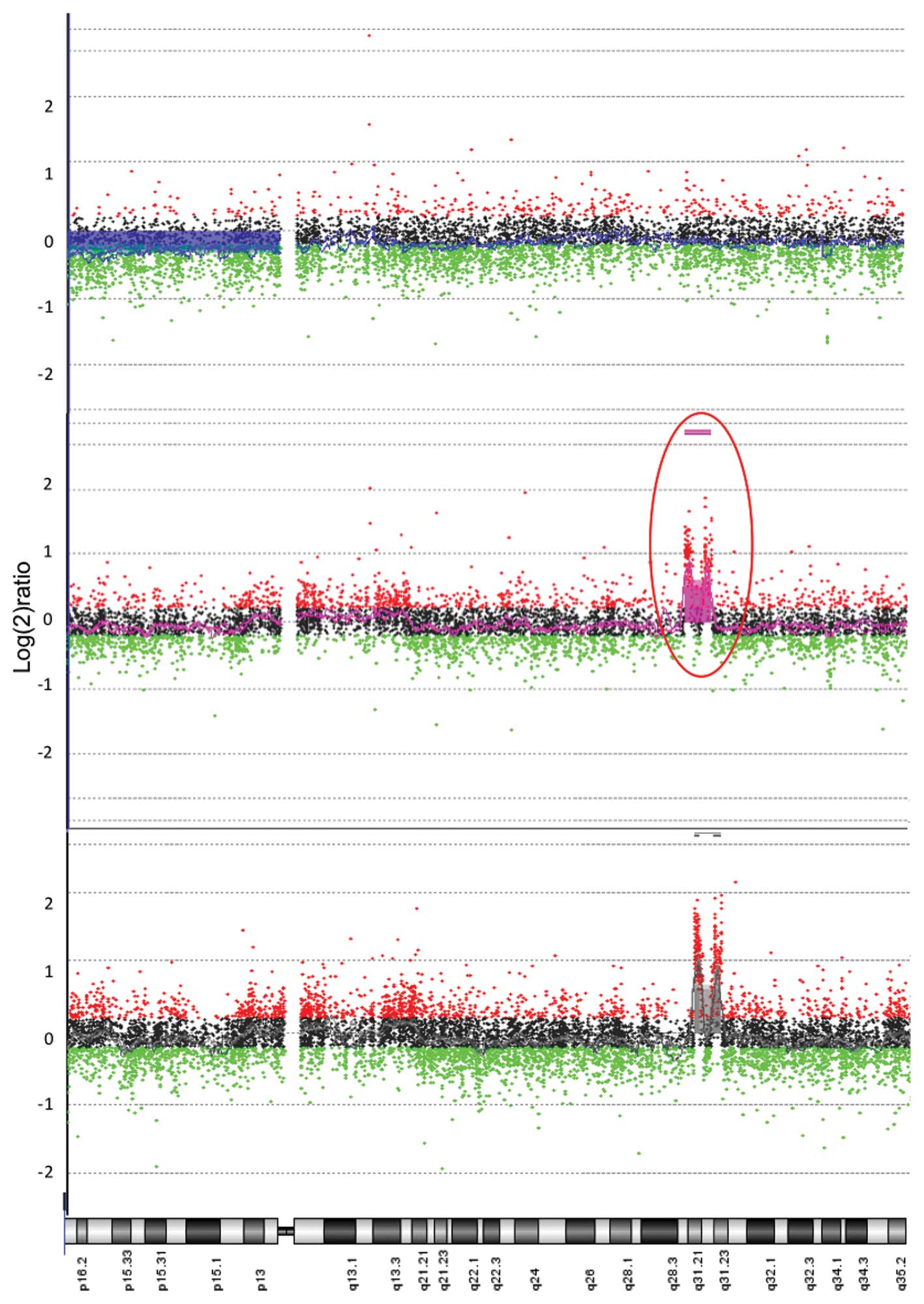Spandidos Publications style
Kodeda K, Asting AG, Lönnroth C, Derwinger K, Wettergren Y, Nordgren S, Gustavsson B and Lundholm K: Genomic CGH-assessed structural DNA alterations in rectal carcinoma as related to local recurrence following primary operation for cure. Int J Oncol 41: 1397-1404, 2012.
APA
Kodeda, K., Asting, A.G., Lönnroth, C., Derwinger, K., Wettergren, Y., Nordgren, S. ... Lundholm, K. (2012). Genomic CGH-assessed structural DNA alterations in rectal carcinoma as related to local recurrence following primary operation for cure. International Journal of Oncology, 41, 1397-1404. https://doi.org/10.3892/ijo.2012.1562
MLA
Kodeda, K., Asting, A. G., Lönnroth, C., Derwinger, K., Wettergren, Y., Nordgren, S., Gustavsson, B., Lundholm, K."Genomic CGH-assessed structural DNA alterations in rectal carcinoma as related to local recurrence following primary operation for cure". International Journal of Oncology 41.4 (2012): 1397-1404.
Chicago
Kodeda, K., Asting, A. G., Lönnroth, C., Derwinger, K., Wettergren, Y., Nordgren, S., Gustavsson, B., Lundholm, K."Genomic CGH-assessed structural DNA alterations in rectal carcinoma as related to local recurrence following primary operation for cure". International Journal of Oncology 41, no. 4 (2012): 1397-1404. https://doi.org/10.3892/ijo.2012.1562

















